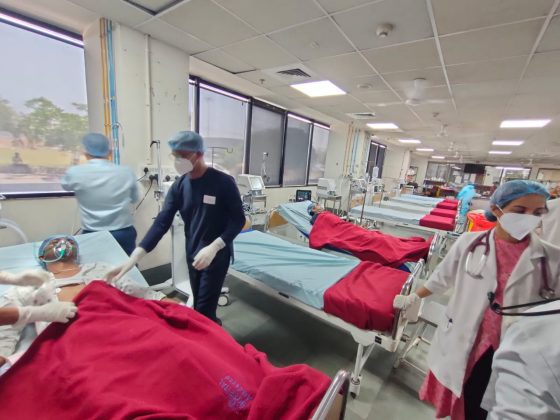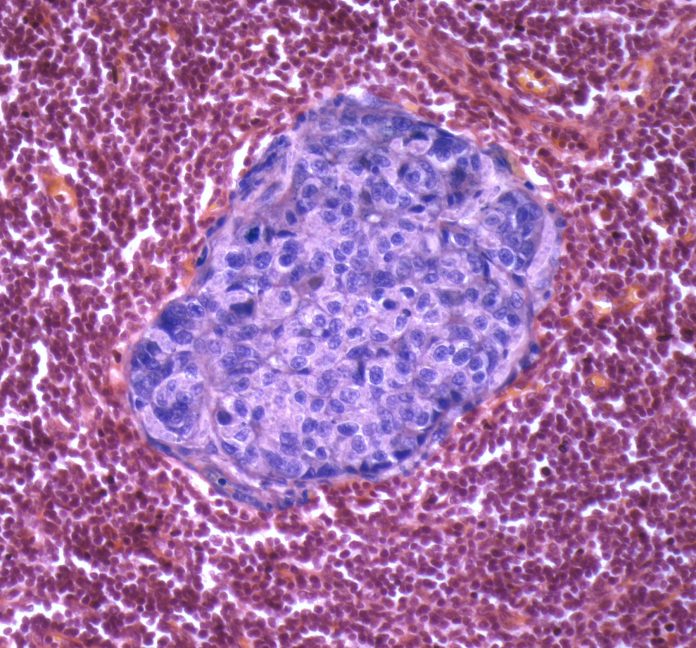
Fatigue is one of the most common symptoms of prolonged Covid I Representational Picture
New research shows that the nervous system of prolonged COVID patients experiences fatigue to exhibit underactivity in three areas — specific cortical circuits, autonomic nervous system and muscle abnormalities.
Underactivity in specific cortical circuits reflects as a slower reaction in specific brain areas while an imbalance in the autonomic nervous system impacts unconscious body processes.
These include blood pressure and rate of breathing, which can, in turn, have wide-ranging effects on several different body processes.
Also Read: How AI may help detect cancer much before traditional diagnosis methods
In muscle abnormalities, the muscle fibres become more easily fatigued after exercise than in people without post-COVID fatigue.
The research was carried at the Newcastle University, UK, and is published in the journal Brain Communications.
Fatigue is one of the most common symptoms of prolonged Covid.
UK research
While most people who catch Covid do not become severely ill and get better relatively quickly, some have long-term problems after recovering from the infection — even if they were not very ill in the first place.
“These abnormalities in the results on objective tests show that fatigue in long COVID is a measurable disease and these tests may, in time, help us understand how changes in the nervous system contribute to fatigue,” said Demetris Soteropoulos, Senior Lecturer at Newcastle University, who led the research.
The researchers carried out a battery of behavioural and neurophysiological tests on people suffering from post-COVID fatigue and compared them to people without fatigue.
Also Read: Talking on mobile for over 30 minutes linked to developing hypertension
A group of 37 volunteers with post-COVID fatigue underwent a range of well-established non-invasive tests.
Their results were compared to those of 52 control subjects, matched for age and sex, who underwent the same tests.
The tests which provided 33 sets of data included a startle reaction time test, electrocardiogram and transcranial magnetic stimulation.
(With agency inputs)










